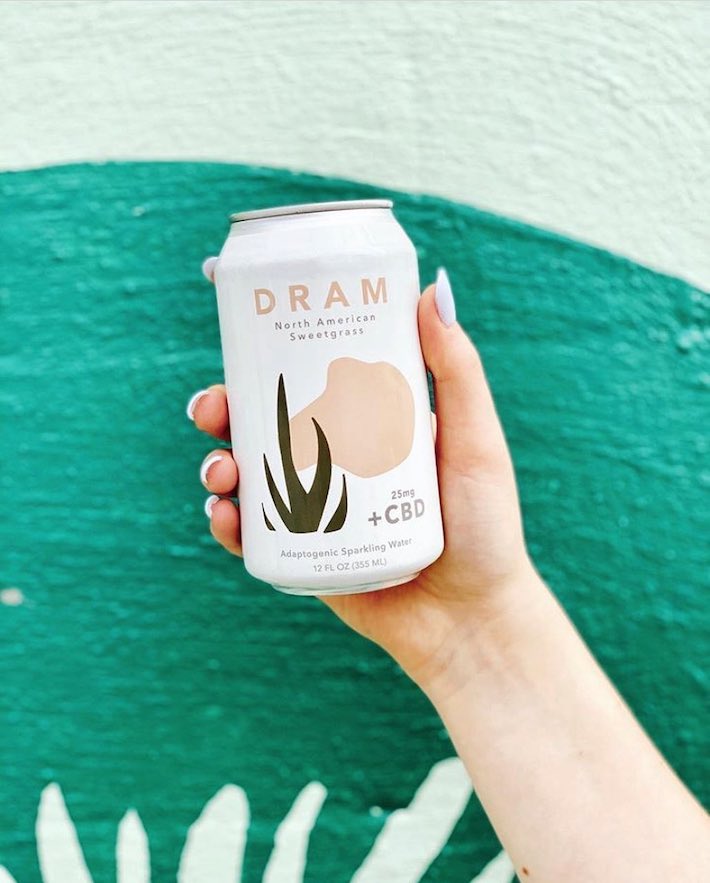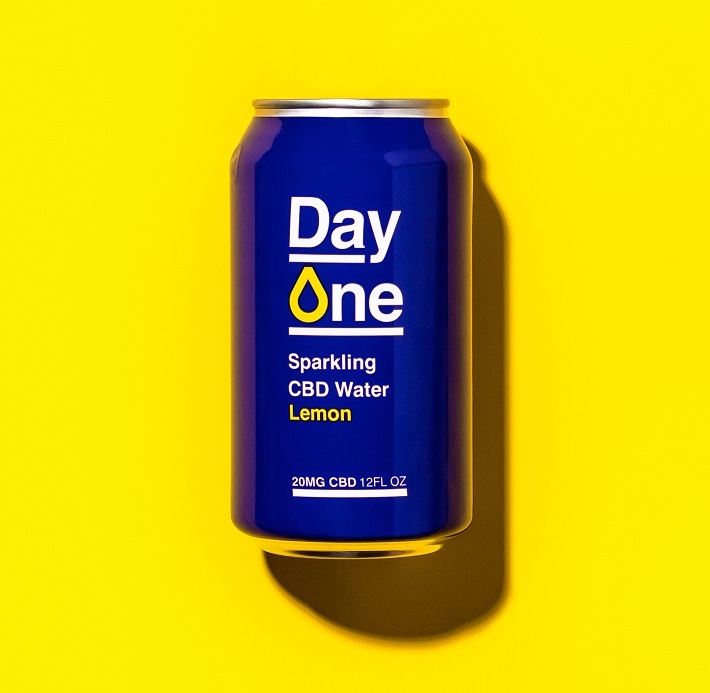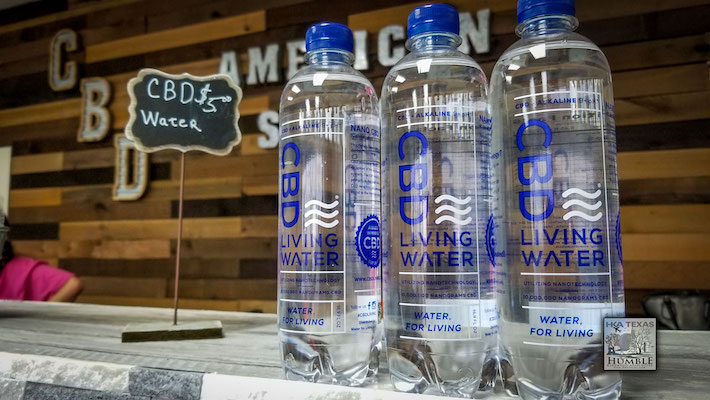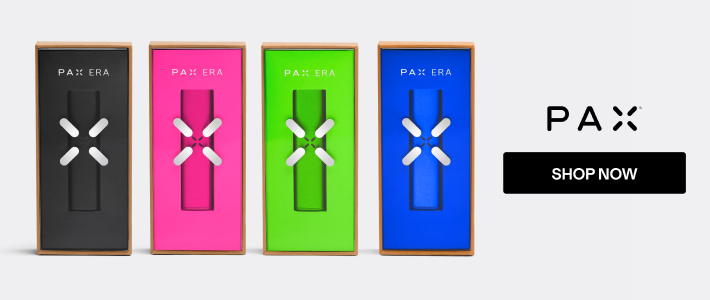
Many users consume cannabinoids like cannabidiol (CBD) and tetrahydrocannabinol (THC) for a number of health, wellness, social, and recreational reasons. Unfortunately, hemp-derived CBD water doesn’t contain many plant compounds. Very low in CBD as well. Ineffective potency. High prices.
Let’s take a look at the concerns we have over CBD-infused water for you to consider before purchasing.
We can’t recommend a specific dosage or product for CBD Water. Truth is, if you’re in need of CBD for ailments like insomnia, anxiety, or pain – go for CBD oil itself and/or edibles and vapes (check out these recommended CBD products). They are far more effective (details below).
If you decide to try CBD water, here are some decent options to consider:
- Dram adaptogenic sparkling CBD waters (25mg CBD)
- WYLD sparkling CBD water
- Recess sparkling waters (10mg CBD)
- Mad Tasty pure sparkling waters (20mg CBD)
- Cloud Water natural sparkling hemp (25mg CBD)
What is CBD water?
CBD water (aka hemp water) is regular water with hemp-derived CBD extract infused into it.

Many manufacturers claim CBD water’s benefits are twofold: You get the best of CBD (alongside other beneficial cannabinoids and terpenes) and you hydrate yourself as well.
A lot of marketing literature makes it seem as though CBD water is regular water but with enhanced benefits. You’re hydrated but relaxed and physiologically balanced. It seems almost too good to be true.
CBD water costs 4-8 times more than regular water
CBD-infused water is disproportionately more expensive than regular water. The average cost of regular bottled water in the US is $1.45. Some bottles of CBD water can cost anywhere between $4-$8 each. Roughly four to eight times the price.
If you buy CBD water in bulk, you can save money, but not a lot. Maybe a dollar per bottle at a stretch.
How storage affects CBD water potency
CBD is, at times, a fragile chemical compound (not as fragile as THC, though). Light and air affect it. If exposed to these two elements, its potency degrades over time.
To stop this from happening, CBD companies must correctly handle and store CBD drinks. Bottles should be UV protected (amber or brown color) and properly sealed. They get one thing right but not the other.
CBD water typically comes in clear, unprotected see-through plastic bottles. The same bottles used for regular water. No amber or brown glass to protect it from light (mainly UV). Over time, the CBD content will diminish, as will its effects. If left in a CBD store or warehouse for enough time, it’s essentially useless.

Pair this with opening and closing the bottle to drink and it’s even more useless than before. You’re pretty much drinking regular water for almost double the price.
Bullshit.
How to tell if CBD water has been affected by UV or oxygen?
The first and most visible sign of CBD water going bad (especially if it carries an isolate extract) is snot-like residue in the product.
This is caused mainly by light exposure over the course of 4-8 weeks. More obvious in water or beverages with no natural or artificial colorings. The flavor remains the same, however.
Are there any effects or benefits from consuming CBD water?
CBD water has a notoriously low CBD content. You’re lucky to get 5-15mg of cannabidiol in a single bottle, not counting the diminished potency when stored in see-through plastic bottles. This potency isn’t enough to be all that effective. Some CBD brands are selling hemp water with a minuscule 2mg of CBD. That’s right. 2mg.
Studies suggest consuming 15 mg of CBD per day is the minimum dosage for effects to start working in your body.
And just when you thought it couldn’t get any worse, some companies believe they can sell ice to the Icelandics, promoting these measly “CBD” products as a better option than regular water.
The marketing blurb, of course, is classic bandwagon-jumping nonsense. Almost an insult to the general public’s intellect. Straw-clutching, hyperbolic phrases and buzzwords to cover up the fact they’re scamming you left, right, and center.
Some brands believe CBD water can miraculously do the following:
- Increase bioavailability in your body by 95%
- Make you feel focused, calm, and de-stressed
- Promote better sleep
Increased bioavailability by 95% is rubbish and not true. You would have to drink many bottles of CBD water to get any of the beneficial effects as well. Stick to full-spectrum CBD oils or CBD capsules instead. Much more effective.
The “nano emulsified” CBD water fiasco
What is “nano-emulsified” CBD water?
CBD is hydrophobic. It doesn’t dissolve in water effectively. CBD brands and manufacturers know this and have attempted to come up with new ways to help it be more water-soluble.
Nano-emulsification is one of the newest methods. It refers to breaking down CBD into tiny fragments — roughly 20-200 nanometers. In theory, nano-emulsified CBD is small enough to increase absorption and bioavailability in the body.
Nano-emulsification isn’t nanotechnology. Nano-technology refers to manipulating and changing CBD’s molecules and atoms. This isn’t really what happens with nano-emulsified CBD.
Nano-emulsified CBD water exposed?
Leafly did a fascinating expose of the CBD industry in 2017. The team took 47 different products from 47 different CBD brands and put them to the test. Literally. They sent them off to independent third-party laboratories to finally uncover how much CBD was actually in them.
The results were shocking, especially on the CBD water side of things.
Four CBD water products were tested. Three of them had 0% CBD in them. The other had 7mg of CBD but the product promised 10mg. All four CBD water products claimed to contain nano-emulsified CBD.
One CBD brand responded to this, suggesting the test method used was primitive and wouldn’t detect the nano CBD in the water.
Are there any positive CBD water uses?
CBD water doesn’t contain tetrahydrocannabinol (THC). Not even a trace of it. This is a good option if you still believe CBD water may be beneficial to you and dislike the idea of consuming it.
CBD water is also totally odorless and flavorless, but so are CBD capsules and they’re way more effective. However, if you believe CBD water is still something you want to try, they’re an alternative to the bitter, earthy flavor of natural CBD oil.
If you decide to purchase CBD water, here’s what to look out for:
- Check for third-party testing
CBD water’s reputation isn’t great. Its CBD content is low. Some CBD companies have released CBD water with no cannabidiol in it. Third-party testing and Certificates of Analysis (COAs) are useful here. A COA will show you exactly what’s in your CBD water.
When you look at a COA, check out the Cannabinoid Profile. Does the CBD percentage match what the label says? If so, purchase it. If not, stay away.
- What’s the CBD content?
You won’t find hemp water with a CBD content of more than 25mg. If you decide to buy CBD water, go with the 25mg option. You’ll have at least a fighting chance of actually delivering some CBD into your body. How effective this amount will be is anyone’s guess. We believe it won’t be effective at all.
To be honest, you’re better off adding your own water-soluble CBD to a regular bottle of water. Alternatively, you can just buy a high-strength CBD oil and consume it sublingually.
- Are there additional ingredients and substances?
CBD brands add other ingredients, nutrients, and minerals into the CBD water for added benefits. Electrolytes are the most common ingredients/substances in CBD water.
Electrolytes are special substances that transform into ions when placed in a solution (in this case water). They’re defined as electrical conductors when dissolved in water and interact with your body’s cells and muscles to provide internal balance and wellness. Good for hangovers.
Common beneficial electrolytes include:
- Calcium
- Potassium
- Sodium
Remember, though. Regular bottled and tap water contains electrolytes. They’re natural and aren’t sourced externally.
- Does the CBD brand make bold claims about its CBD water?
This is a huge red flag. CBD water is currently under the microscope. There are many skeptics who believe CBD water is a con. CBD brands know this and are becoming more conscious of how they market it. If your CBD water comes attached with outlandish claims of 100% absorption, be very careful. This isn’t true. CBD water doesn’t have 100% absorption. In fact, no CBD product is 100% absorbable in the body.
- What extract type is used?
We usually recommend a full-spectrum hemp extract in all CBD products. CBD water, however, is usually made with an isolate CBD hemp extract. Not the best extract, especially if you’re looking for a full range of cannabinoids, terpenes, and other beneficial plants compounds.
Isolate extracts are good for no THC consumption. Perfect if you have upcoming occupational drug tests or generally dislike the idea of consuming an intoxicating compound.
- Look for the extraction method used for your CBD water
We prefer CO2 extracted hemp extract for all products. It’s clean, pure, and friendly to the environment. Any CBD product (water or otherwise) with a CO2 extracted CBD hemp extract promises purity fit for human consumption.
If you’re going to purchase CBD water, make sure a CO2 extraction is used.
- Still or sparkling?
CBD water has two main variants: still and sparkling. Both variants can contain flavorings as well. It’s all down to your personal preference. If you prefer still water, go for that. If you prefer sparkling water, purchase that. The CBD content won’t be affected either way.
Just remember, some CBD brands hike the price up even more for sparkling water. Not by much, though. Maybe 50 cents or so per bottle.
- Store your CBD water correctly
Hemp water storage is important. The bottles are usually clear and see-through. Light (UV or otherwise) can diminish the potency. We recommend keeping your hemp water in a fridge or somewhere dark and dry to counteract this. When opened, drink quickly. Don’t leave it with the bottle top unscrewed. Oxygen can also affect its potency.
Other CBD beverages you can purchase
CBD water isn’t the only drinkable CBD product on the market. Here are the other types of CBD-infused drinks you can buy online:
- CBD coffee
- CBD tea
- CBD energy drinks
- CBD soda
- CBD syrup (with a soda)
- CBD coconut water
- CBD wine
- CBD beer

